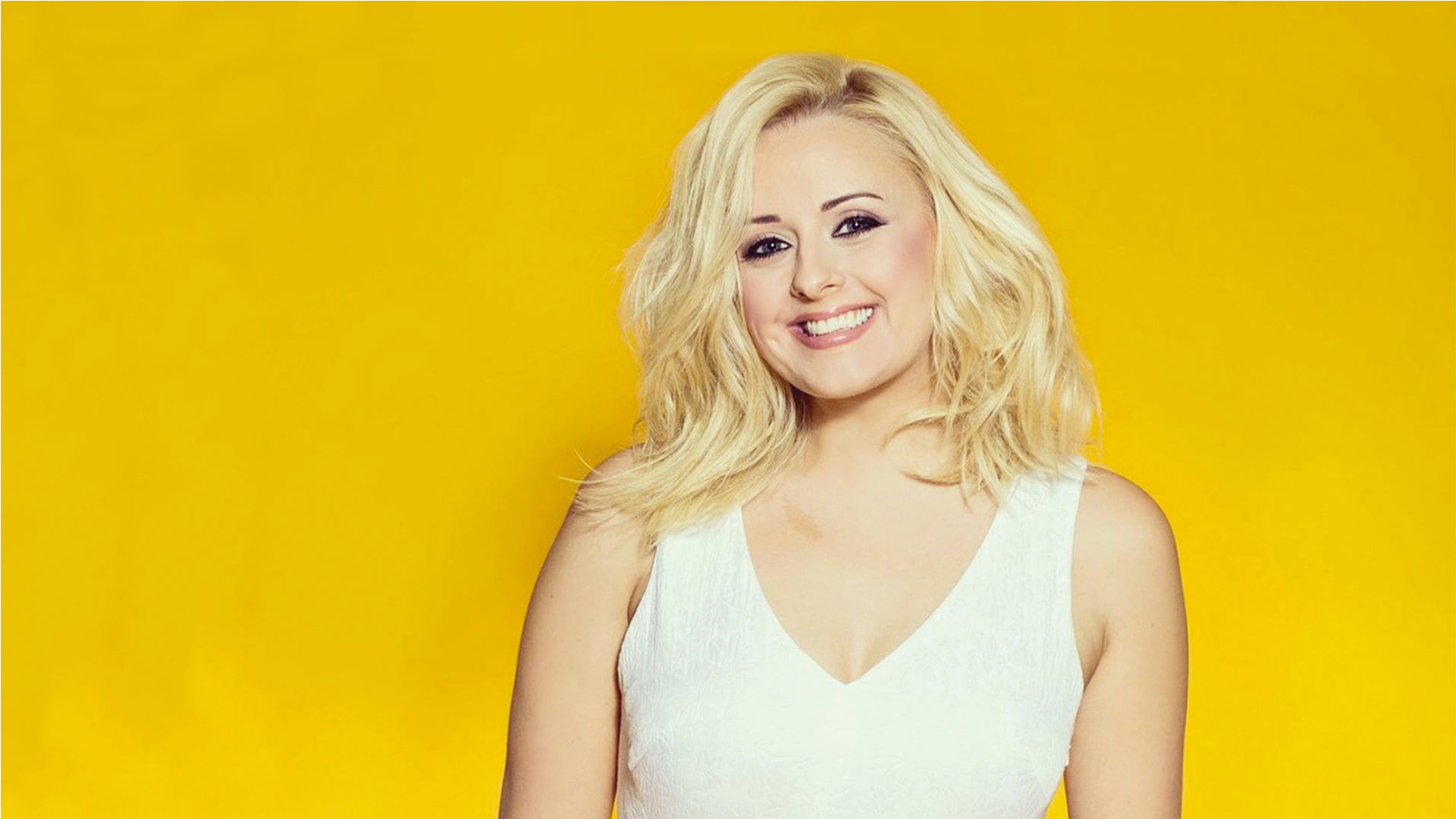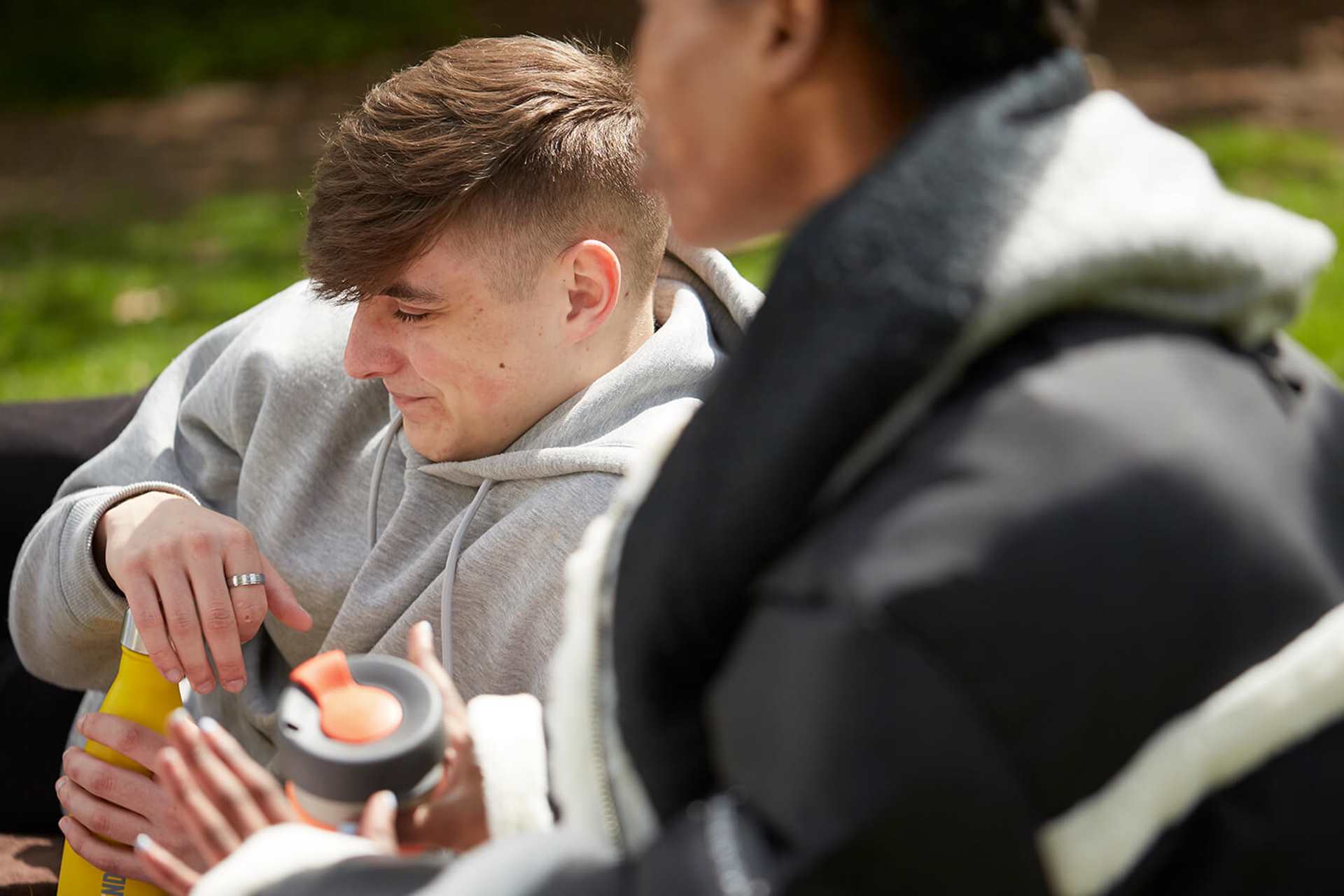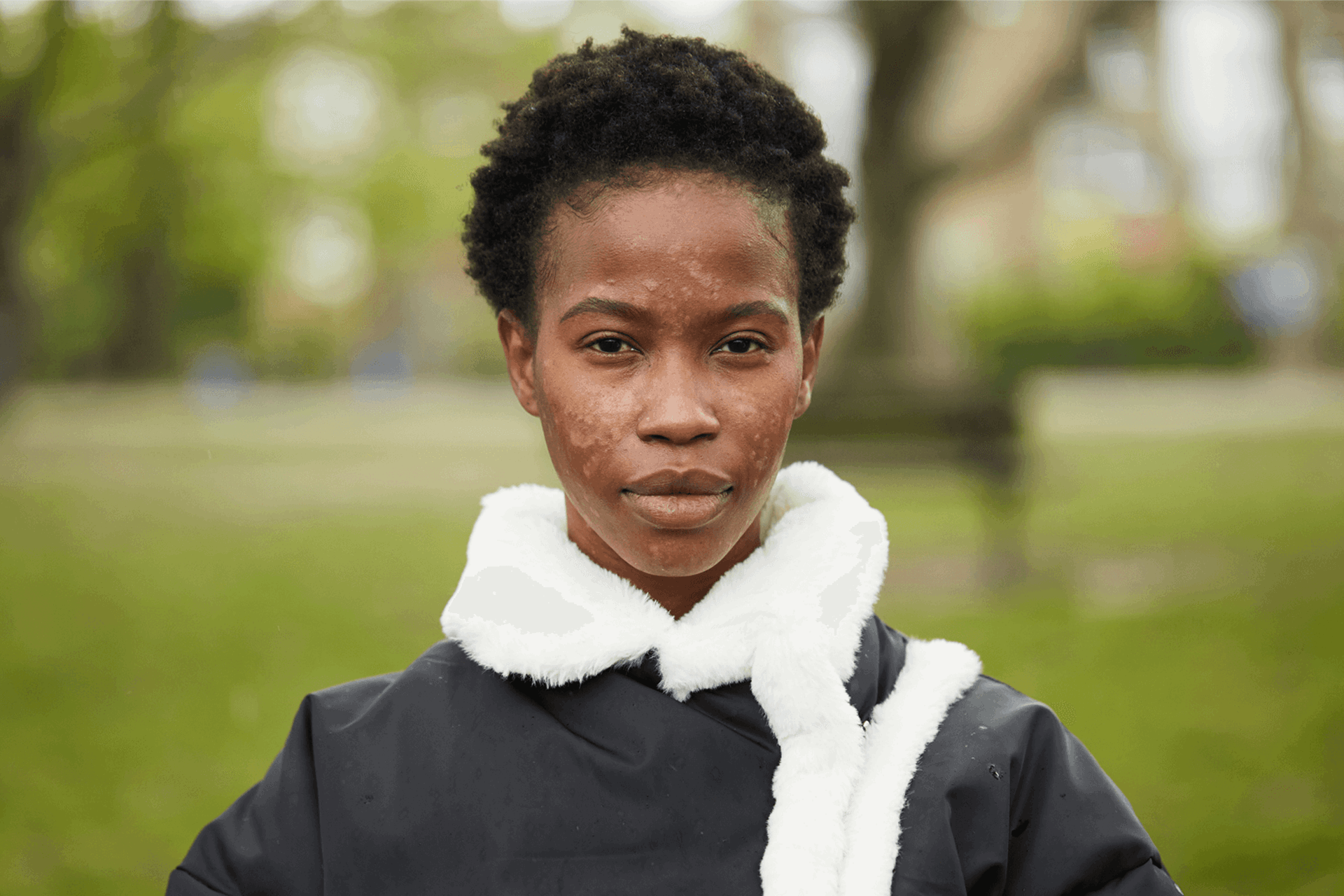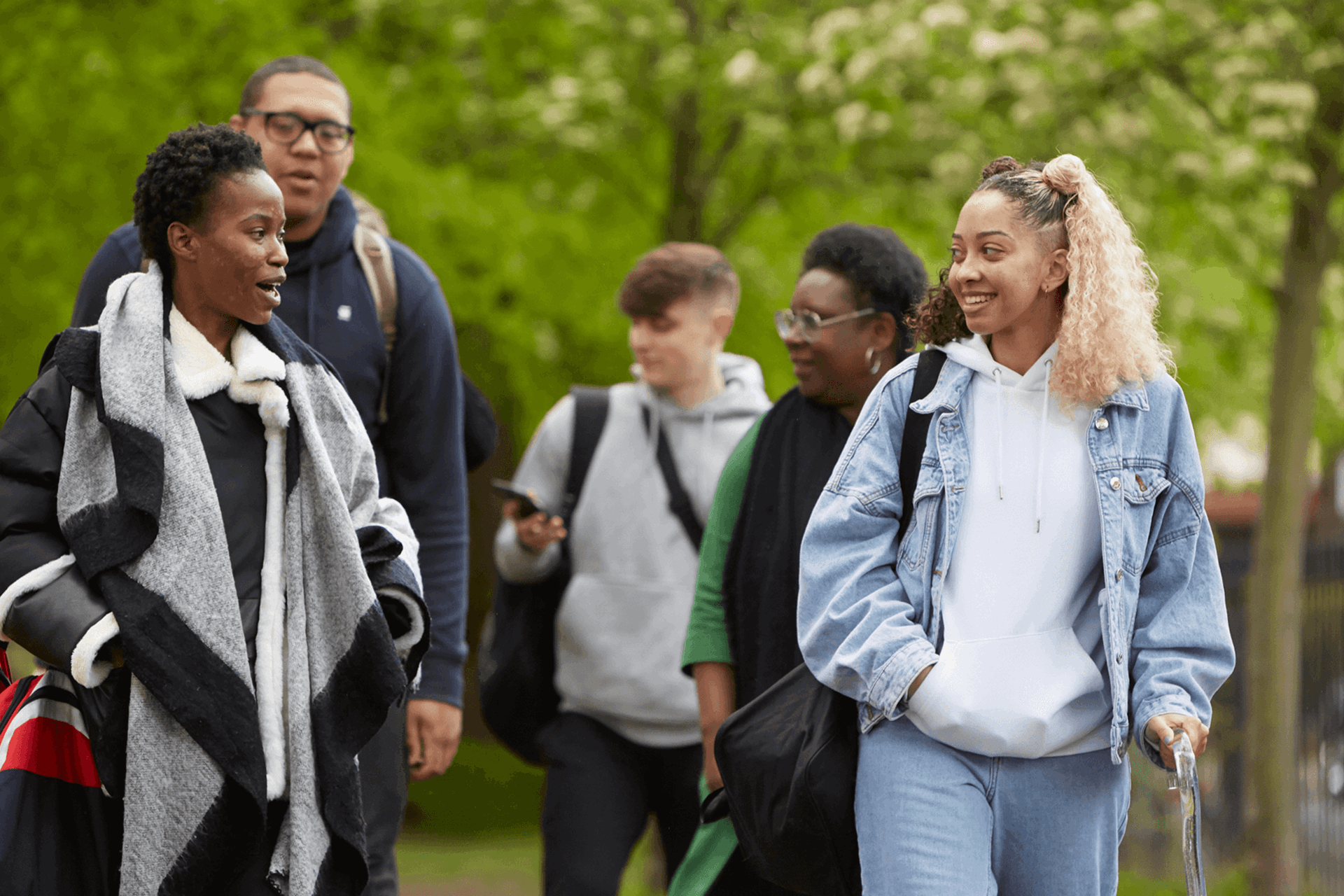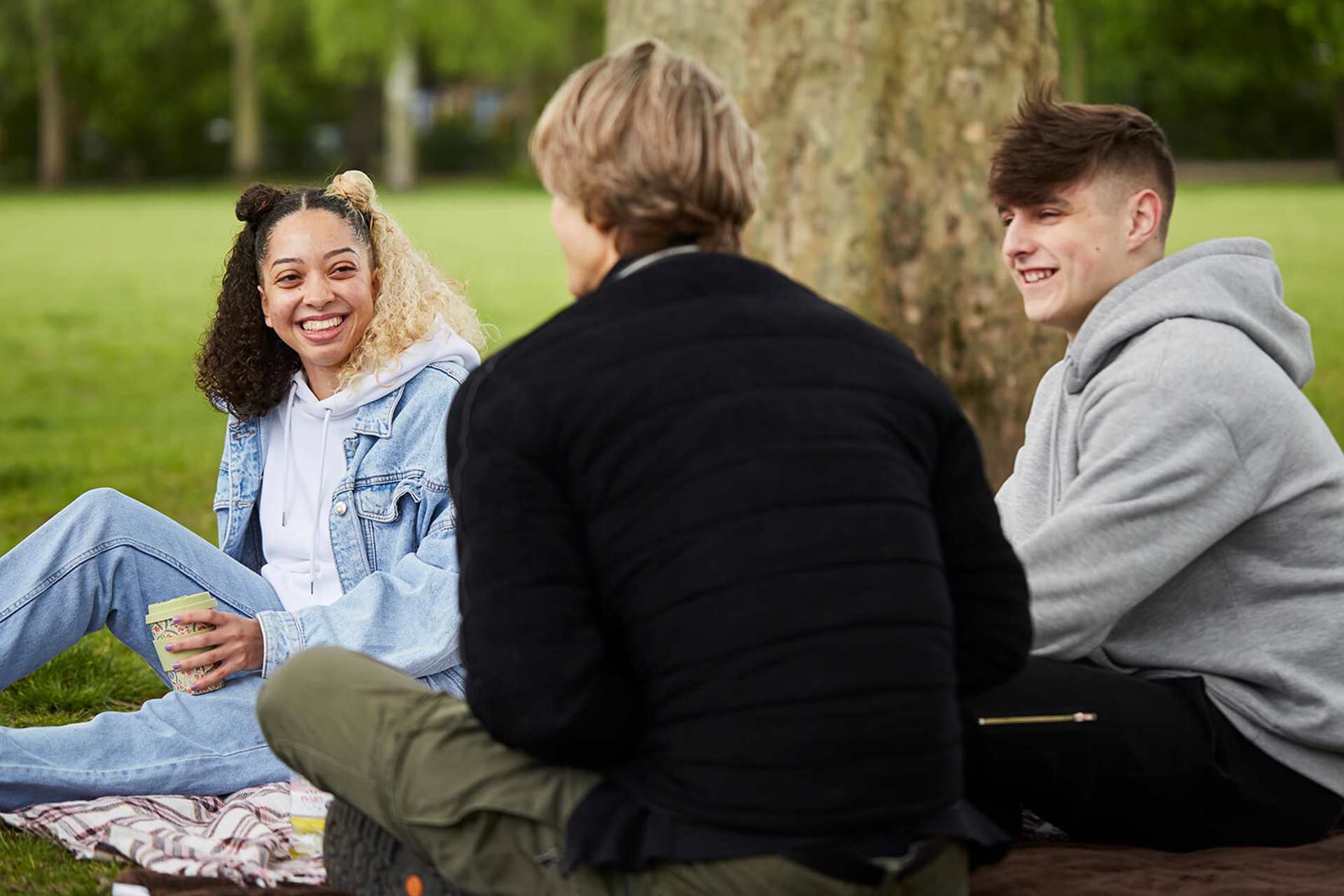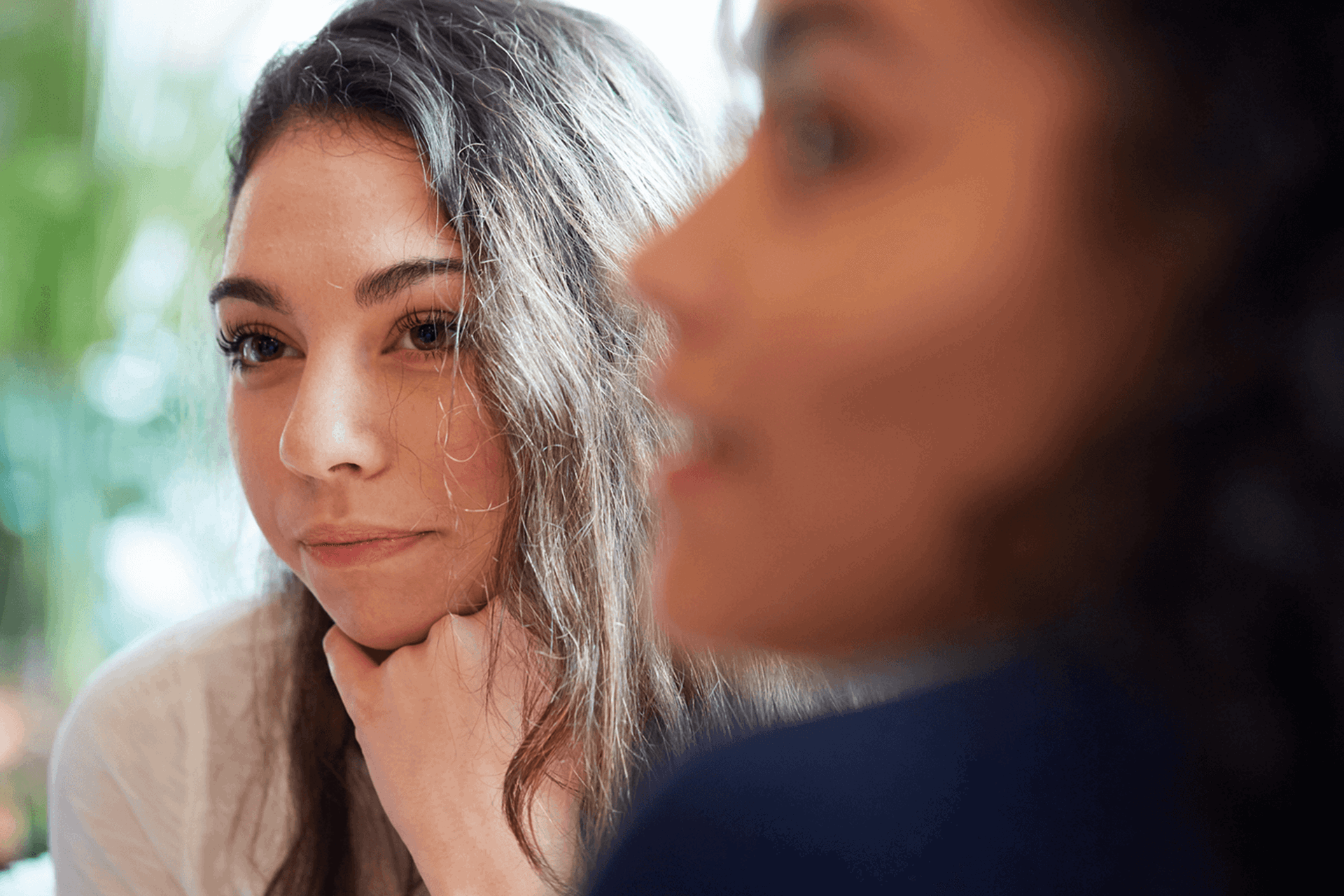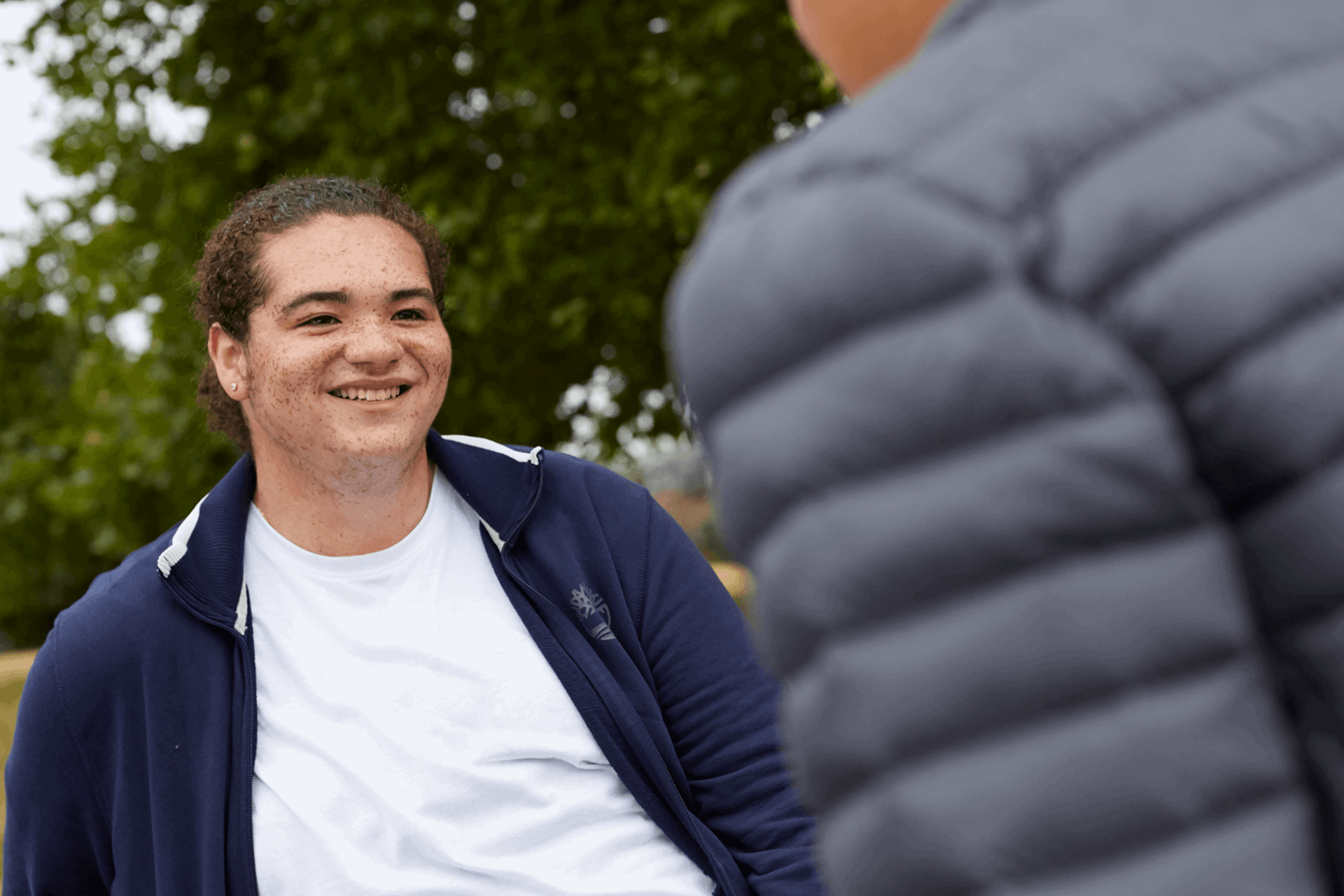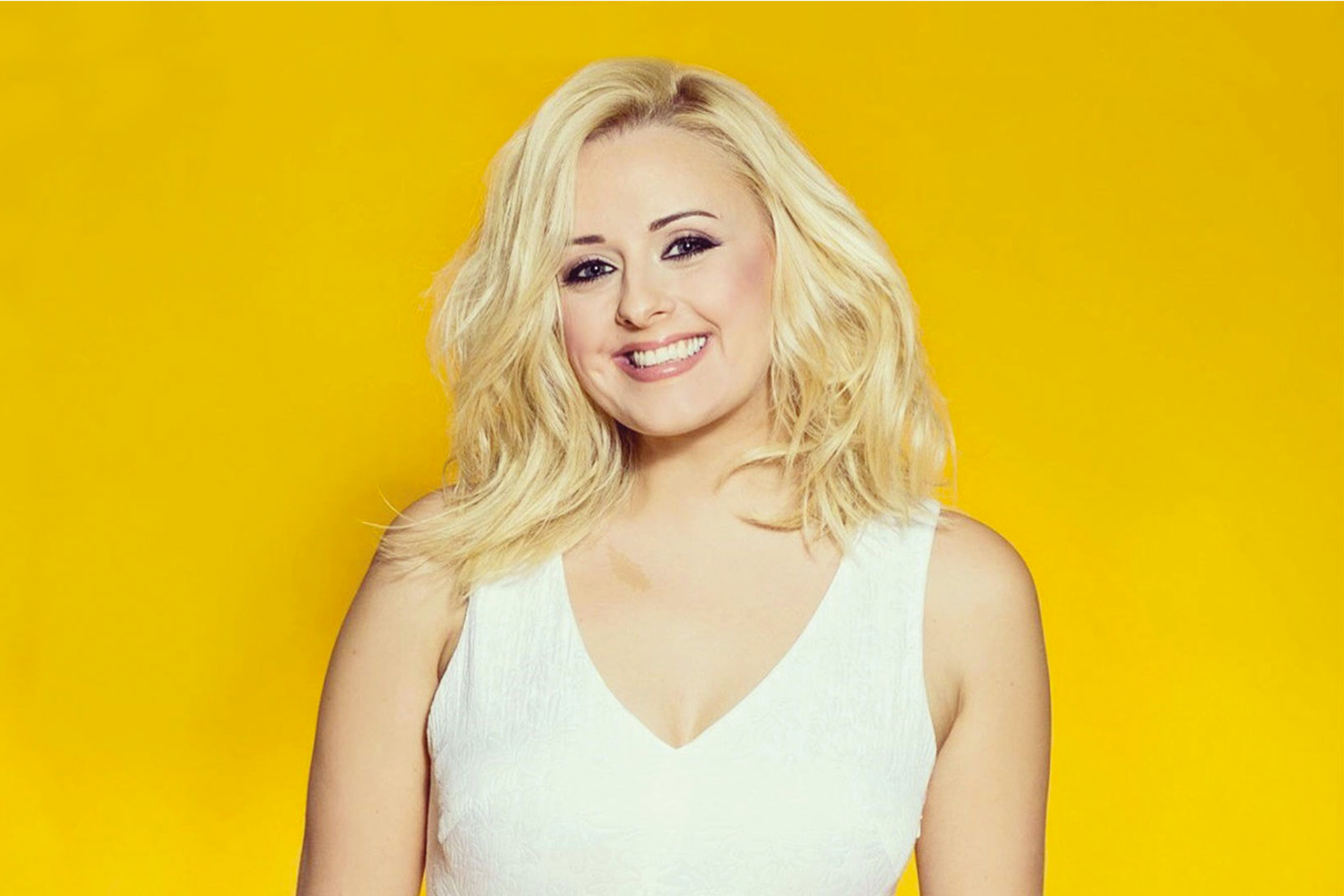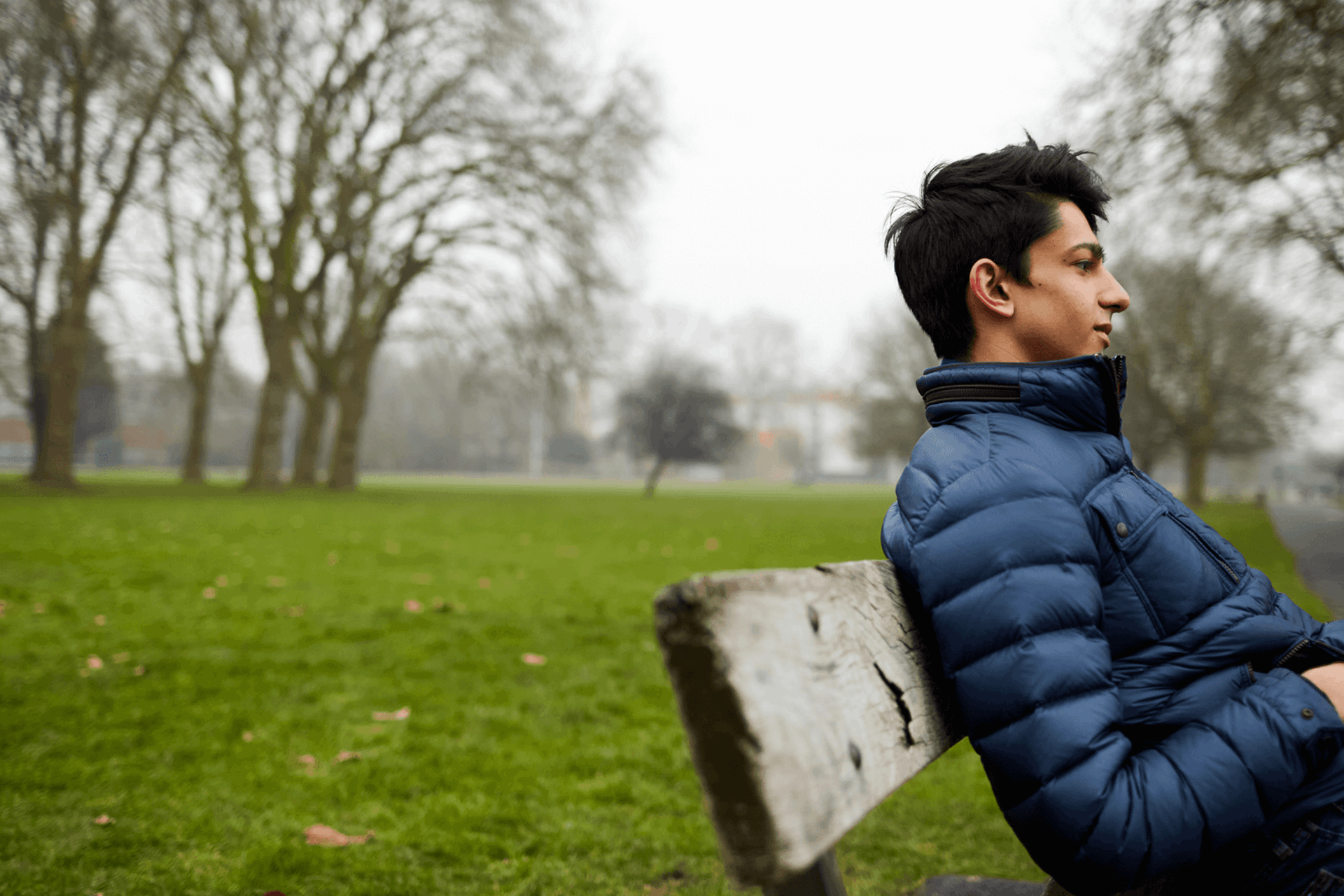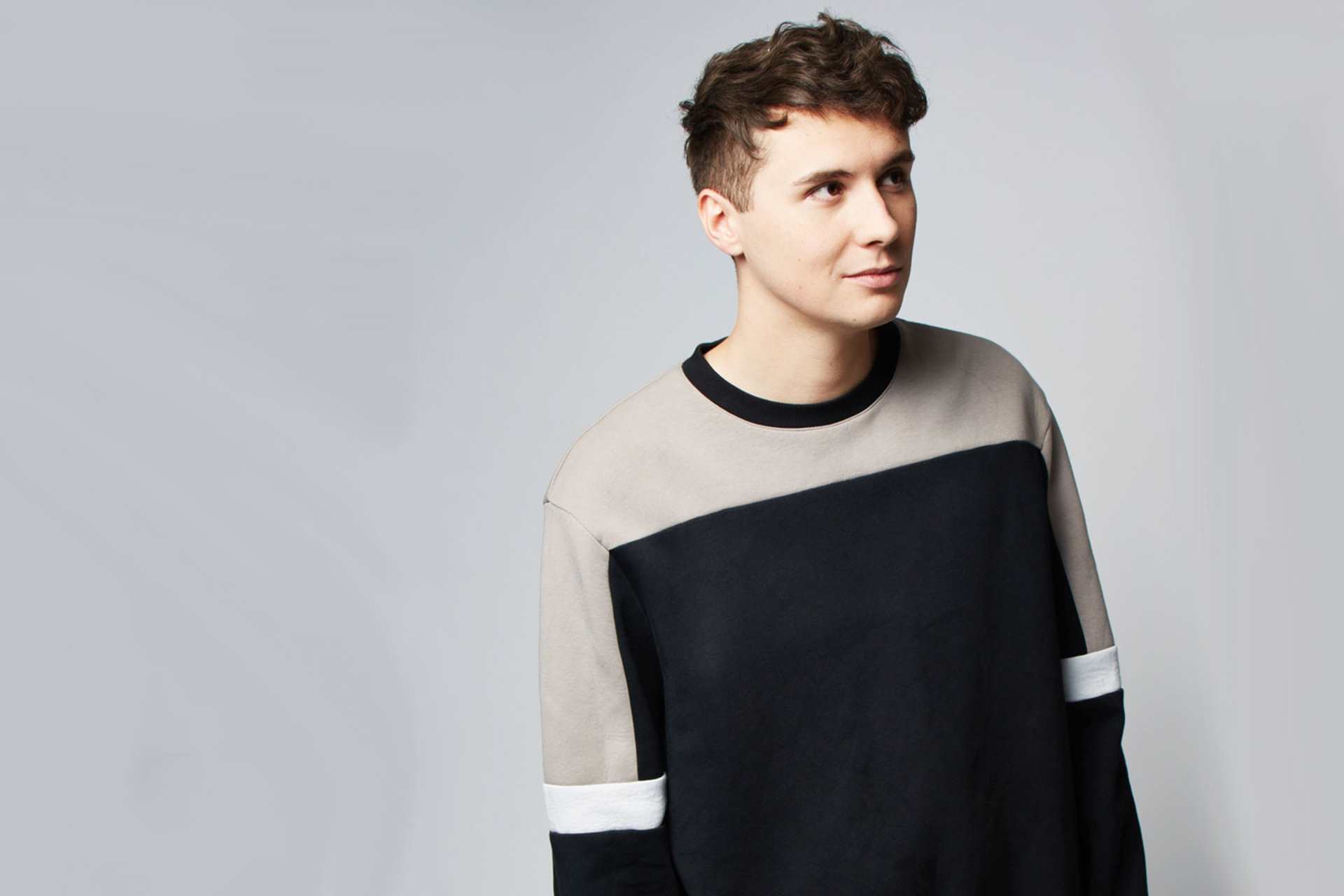Topics mentioned: reaching out for help, anxiety, depression
About: Our ambassador, Radio 1 and CBBC presenter Katie Thistleton shares why she talks about her mental health and experiences with anxiety and depression.
I realised that so many of the symptoms over the years I'd battled, and been baffled with, were being caused by what was going on in my mind.
I didn't used to speak about mental health or really know what it was. When I was a child I used to complain to my parents that I was struggling to take deep breaths. 'It feels like I'm breathing but it's not going in, like something isn't opening up?' I'd say.
I had asthma tests and mum even stopped me from eating smarties (much to my dismay) thinking it was a food colouring or sweet allergy. It was only in adulthood that a doctor diagnosed me with panic disorder. I realised that so many of the symptoms over the years I'd battled, and been baffled with, were being caused by what was going on in my mind.
I went on to ignore my anxiety and not stop doing the things that made me feel worse - working too much, putting pressure on myself, comparing myself to others, etc., and a few years ago I became very depressed. I had counselling and medication from my doctor and nowadays I'm happier than I've ever been, but I know I still need to look after my emotional wellbeing or I could easily take a tumble again.
I can feel my fragility, especially as I'm in a line of work which can play havoc with your self-esteem and sense of security.
I think if we focused on looking after our minds as much as we often do with our bodies, we could stop lots of young people from becoming as down as I was.
I talk about mental health particularly with young people, because I think if we focused on looking after our minds as much as we often do with our bodies, we could stop lots of young people from becoming as down as I was, or we could at least educate them to get the support they need sooner than I did.
I talk about mental health because I think it's ridiculous that we will go into school or uni or work and tell everyone that we have cystitis or a problem with our bowels but won't admit we are struggling with our emotions.
I recently told everyone in my team at CBBC that a change in diet meant I hadn't been 'to the toilet' for a week and a half, and even joked about it on live radio. But will I go in and tell everyone that I'm actually struggling to work today because I feel I am worthless? Or admit I was awake all night because of crippling fear about something which might never happen? Probably not.
I try now to admit to people if I'm having a bad day because even just saying 'do you know what, I'm really struggling with life today' takes a pressure off you. It's ok not to be ok.
I remember when singer Frankie Bridge spoke about her depression and it made me feel so much better because I'd idolised her.
I also speak about mental health to fight the stigma that anyone can experience it just like anyone can get a disease - it does not discriminate. I'm well aware that to the outside world my life looks pretty rosy, as many lives do these days on social media.
I remember when singer Frankie Bridge spoke about her depression and it made me feel so much better because I'd idolised her and thought she was perfect and had nothing to worry about. Knowing it can happen to anyone shows you you're not weird, you're just human.
When I was depressed I read Matt Haig's 'Reasons to Stay Alive' and thought: 'Get lost Matt!' when he told the reader that it's possible to feel happiness again after depression. I didn't think I'd ever feel happy again.
So if you're reading this feeling depressed, know that you CAN and WILL get better. You can say 'get lost Katie' if you like, I won't be offended, as long as you promise me you'll seek the help you deserve.
Knowing it can happen to anyone shows you you're not weird, you're just human.
Where to get help
If you need support with your mental health, we are here for you.
Where to get help
However you're feeling, there are people who can help you if you are struggling. Here are some services that can support you.
-
Childline
If you’re under 19 you can confidentially call, chat online or email about any problem big or small.
Sign up for a free Childline locker (real name or email address not needed) to use their free 1-2-1 counsellor chat and email support service.
Can provide a BSL interpreter if you are deaf or hearing-impaired.
Hosts online message boards where you can share your experiences, have fun and get support from other young people in similar situations.
- Opening times:
- 24/7
-
Samaritans
Whatever you're going through, you can contact the Samaritans for support. N.B. This is a listening service and does not offer advice or intervention.
- Opening times:
- 24/7
-
CALM (Campaign Against Living Miserably)
Provides support to anyone aged 16+ who is feeling down and needs to talk or find information.
Free webchat service available.
Read information about the helpline and how it works.
- Opening times:
- 5pm - midnight, 365 days a year
